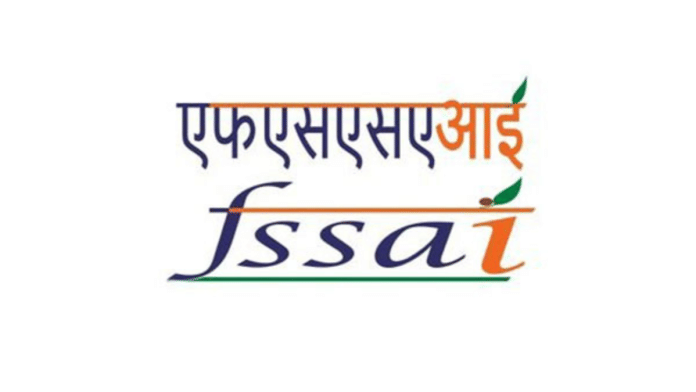The Food Safety and Standards Authority of India (FSSAI) has issued a strict notice to all those who engage in the artificial ripening of fruits by using calcium carbide. The ban has been imposed due to the health concerns associated with the use of this chemical, a PIB press release stated.
Calcium carbide is commonly used for ripening fruits like mangoes. It is a natural catalyst that accelerates the ripening process by initiating and controlling a series of chemical and biochemical activities. However, research has revealed that the use of calcium carbide can cause serious health problems, including dizziness, frequent thirst, irritation, weakness, difficulty in swallowing, vomiting, and skin ulcers. The health effects of calcium carbide are also comparable to those of other banned pesticides, such as arsenic and phosphorus. Due to these concerns, the FSSAI has decided to prohibit the use of calcium carbide for the artificial ripening of fruits.
The government has also proposed an alternative solution of using ethylene gas for fruit ripening. Ethylene gas is a naturally occurring hormone in fruits and it regulates the ripening process by initiating and controlling a series of chemical and biochemical activities. However, the use of ethylene gas has been also subject to some concerns, including the potential for skin, eye, and respiratory irritation. Further research is needed to establish the safety of ethylene gas for the long-term use of fruits.
The FSSAI has urged all stakeholders to comply with the ban and ensure the complete eradication of the use of calcium carbide for the artificial ripening of fruits. The government is also committed to providing support and guidance to the farmers and traders affected by the ban. The FSSAI has also requested the State Commissioners of Food Safety for taking necessary measures to ensure the compliance with the ban and to deal with any violations.






